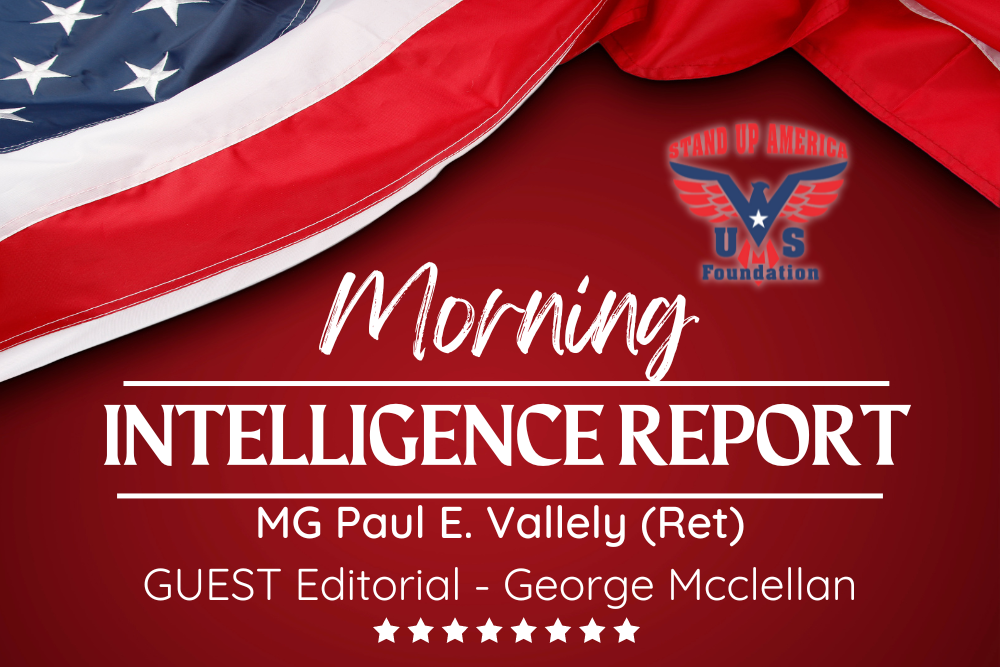Partisan politics is increasingly tearing America apart, creating deep divides within the nation. As political parties become more polarized, the ability to find common ground and engage in constructive dialogue diminishes. This growing rift affects everything from policy-making to social interactions, and the consequences of partisan politics are becoming ever more apparent.
The Impact of Partisan Politics on Governance
Partisan politics disrupts effective governance by prioritizing party loyalty over national interest. When political decisions are driven by partisan agendas rather than the common good, it leads to gridlock and inefficiency. The constant struggle for power between parties can result in stalled legislation, leaving important issues unaddressed and eroding public trust in governmental institutions.
Social Consequences of Partisan Politics
The social impact of partisan politics is equally troubling. The division between political ideologies fosters an environment of hostility and mistrust among citizens. Social media amplifies these divides, often turning political disagreements into personal conflicts. This fragmentation weakens community bonds and undermines the sense of unity that is essential for a healthy democracy.
Addressing the Effects of Partisan Politics
To address the negative effects of partisan politics, it is crucial to promote bipartisan cooperation and foster open, respectful dialogue. Encouraging political leaders to work across party lines and engage in meaningful discussions can help bridge divides. Additionally, educating the public on the importance of compromise and collaboration is essential for reducing the impact of partisan politics on society.
Conclusion
Partisan politics is a significant force tearing America apart, affecting governance and social cohesion. By focusing on bipartisan efforts and encouraging respectful dialogue, we can work towards healing the divisions created by partisan politics and build a more unified nation.


